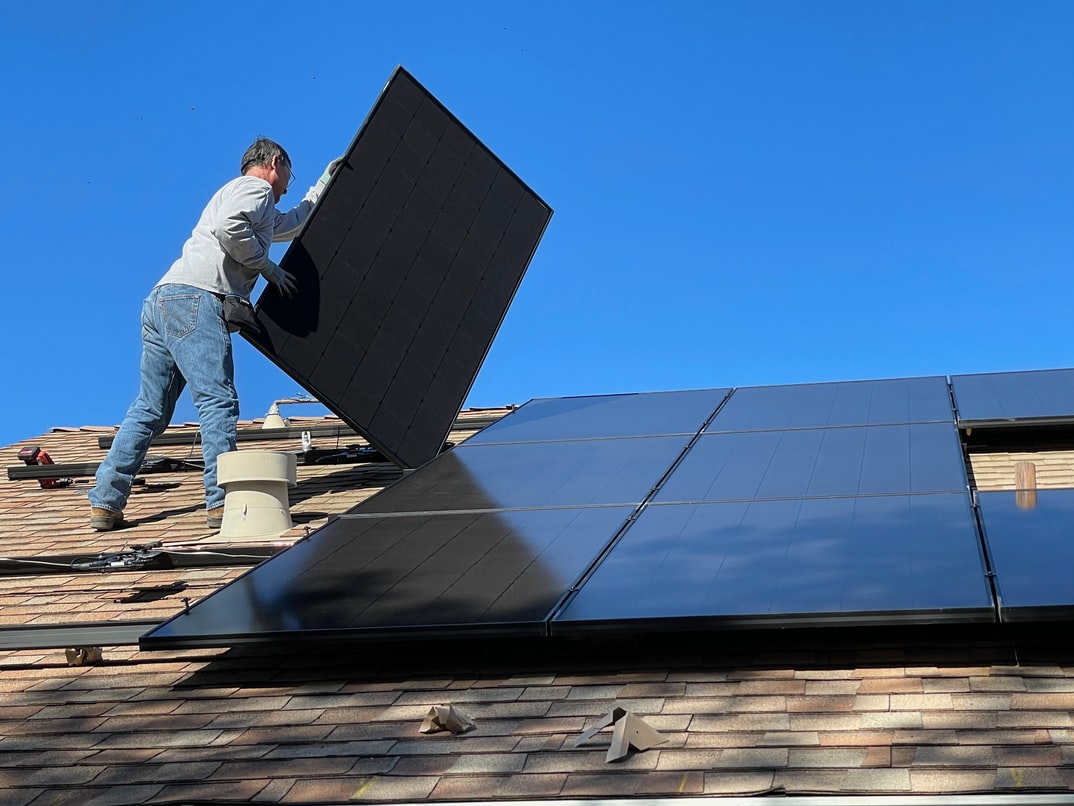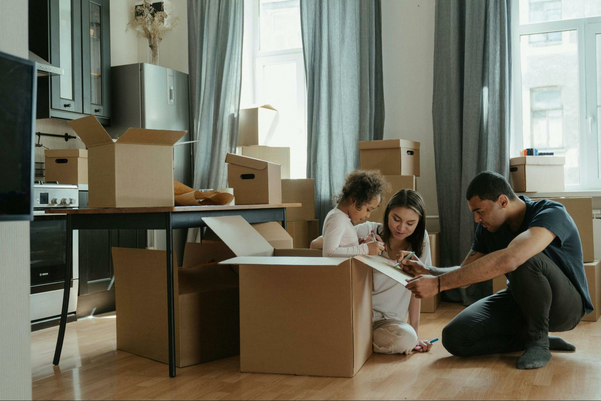
Heatwaves have a significant impact on today’s society. With each passing year, they become a more common occurrence. Because of that, we need to know how to effectively deal with them.
During a heatwave, everyone should be concerned with their homes. After all, they can shelter us from all kinds of unpleasant outdoor conditions. No matter if we have to deal with low temperatures, snowstorms, or heatwaves, they can always protect us from the harsh environment.
In this article, we take a closer look at how you can heat-proof your house. If you wish to successfully combat the next heatwave from the comforts of your home, read on!
Stop Any Draughts
Your garage is probably the coolest place in your house. Nonetheless, by eliminating draughts, you can make it even cooler. They will help you protect your home against the heat getting into your garage. You can do it by yourself or contact a company specializing in commercial overhead door repair. It is all up to you!
But just because you have a smaller type of door doesn’t mean that you have to pay less for it. Some garage door openers and even rolling doors come with features that are only available on large doors. If this is your case, you will also pay the price for those extras. Thus, it’s good to compare prices to make sure that you are buying the best product possible.
Keep Your Windows Open at Night
When the temperature drops, it is the right time to open your windows. Let some fresh air into your house and reap the benefits! Fresh air is good for your mental health, and the quality of the air in the desert should be good enough to allow you to breathe easily.
Leaving a window open while sleeping prevents you from breathing in contaminated air. It is a surefire method to keep your bedroom nice and cool throughout the night. Bear in mind that you need to leave the windows open for at least 15 minutes when airing out the house. This will allow the stagnant air to escape and fresh air to come in.
Remember, it is usually not recommended to close every window in your house. Why is that the case? Temperature, humidity, and CO2 levels can all be negatively affected if you do this, as they might all-star rising. But if you have to close the windows because, for example, you are cleaning, you should make sure to open back up as soon as possible after you are finished.
Install an Air Conditioner
Proper air conditioning is crucial during a heatwave. A high-quality air conditioner can sometimes literally be a lifesaver as it provides a relatively safe escape from the heat of summer.
Because of that, you might want to consider getting a smaller, personal air conditioner for specific rooms in your home instead of a large unit responsible for the entire house. At first glance, it might seem silly to install a personal AC in a small room like a bedroom or bathroom. After all, you can buy a larger room-sized model for the same price or less.
However, smaller units tend to cost much less overall than room-sized models. Very small models can be bought for as little as $50. Meanwhile, a larger unit might cost you $1,000 or more.
Use External Shading
Surrounding your house with plants and trees can create natural shade. Additionally, installing blinds on your sunniest windows is an excellent idea as well. And if you are choosing horizontal blinds, you can even prevent direct sunlight from entering the house.
Think About Insulation
An insulated roof can lower the temperature in your house. Moreover, ceiling insulation will prevent cool air from leaving. You can use caulking and weather-stripping to eliminate air leakage.
It is also worth mentioning that houses with several stories virtually trap heat, especially if no ceiling insulation has been added. In this case, you can install a ceiling fan on the hottest floor of the house.
By using reflective insulation, you can save some money by heating a smaller area and still get the same results. An example of reflective insulation is foil-faced bubble wrap. Using this type of insulation is highly recommended because it can effectively reduce air leakage.
However, you should install a vapour barrier before installing reflective insulation. This will help keep moisture out of your attic or basement walls and help control unwanted odours by preventing mildew and mould from forming on your insulation.
The Bottom Line
Heatwaves can certainly prove to be a difficult challenge to overcome, especially if you live in a state that is known for its hot temperatures, such as Arizona or Florida. But there are many things you can do to heat-proof your home and make it more liveable, especially during those hot, summer months.
Preventing draughts and installing air conditioners can help you out. You should also remember about methods that don’t entail purchasing expensive equipment, such as using external shading or leaving your windows open during the night.
Hopefully, this article has provided you with enough tips that will help you cool down when the next heatwave comes. Good luck!




 POSTED BY
POSTED BY 

